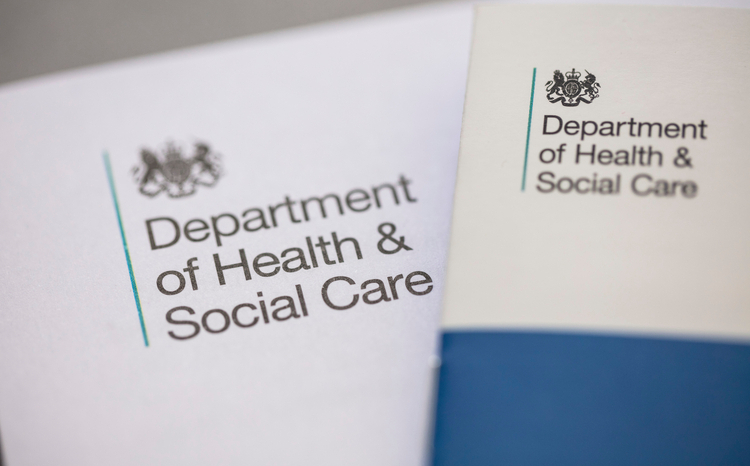UK doctors demand IT for cross-border care
- 11 September 2008
The British Medical Association has called for a single web-portal to be created to provide European citizens with information on cross-border care.
In its response to the European Commission’s proposal for a directive on the application of patients’ rights to cross-border healthcare, the BMA, which represents UK doctors, says patients will need much more information than is being proposed at the moment to make their rights effective.
The Commission has suggested that national contact points should be created to spread information about the processes of accessing care and the financial issues involved. But the BMA says patients should also be made aware of “different cultures and traditions” that might affect their decision on where to seek treatment.
It argues that providing all this information will be a “heavy administrative burden” on smaller member states and that a single internet portal should be created, backed up by national contact points to answer specific patient queries.
The BMA suggests the portal could be run by the Commission or another Europe-wide organisation, and that it could also be used to publish comparative information on quality and outcomes.
The BMA backs the Commission’s proposal to create a directive on the application of patients’ rights to cross-border care, saying that legal clarity is needed. The Commission’s move follows the implementation of the Services Directive and a number of European Court of Justice rulings, which said patients should be able to seek treatment abroad if they faced undue delays in their own health systems.
The Commission is effectively proposing to create a single market in healthcare. Although member states will be expected to remain the main providers of healthcare for their citizens, patients will be able to opt to be treated in any member state if the treatment they are seeking is allowed in their own state. Patients will be expected to pay up front, and to be reimbursed for the cost.
The BMA says member states must be allowed to define their own “baskets” of care and to publish the costs of treatments within them. It also raises a number of concerns about equity, arguing that the new rights could distort waiting lists and disadvantage patients without the means to travel abroad for treatment.
And it devotes a long section of its response to the need for clinicians to have effective information to deliver continuity of care.
“Clinicians in both countries must be able to communicate effectively and to exchange medical records in the language of the patient’s country of origin,” it says. “Whilst high level recommendations are in place for cross border interoperable systems, the practicalities need much more detailed consideration.”
The BMA points out that many issues that have proved difficult for individual states to deal with – such as how to structure records and to record and code information – “could be magnified when applied to this scale.” It also notes that it is “very unlikely that e-health systems will be interoperable by the time the proposal is implemented across the EU.”
In the meantime, it says that effective, unified handover procedures will be needed. And it says that “urgent attention” should be given to translation services for patients.
“In conclusion, the BMA is in favour of the principle of patient mobility. However, the appropriate balance must be achieved between legal certainty and maintaining a high quality healthcare system that is fair and equitable to all,” it finishes.
Link




